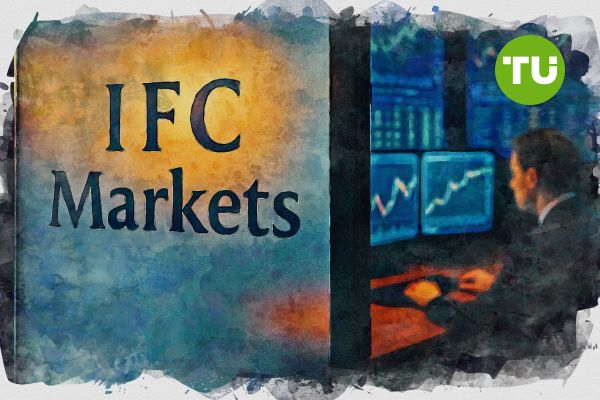IFC Markets cuts entry barrier for CFD index trading
 IFC Markets boosts trading flexibility
IFC Markets boosts trading flexibility
IFC Markets, a leading global player in the online trading industry, has announced a major update to its trading conditions for Contracts for Difference (CFDs) on indices.
This move is aimed at offering more favorable terms for clients and expanding access to global markets.
The company has reduced the minimum transaction volume by tenfold for index CFDs on certain account types, according to the broker’s website. The update applies to Standard-Fixed and Standard-Floating accounts on the popular MetaTrader 4 and MetaTrader 5 platforms, as well as on the proprietary NetTradeX platform.
Affected instruments
The change covers all available index CFDs, including widely traded instruments such as:
- AU200 (Australia 200)
- DE30 (Germany 30)
- DJI (Dow Jones Industrial Average)
- GB100 (UK FTSE 100)
- HK50 (Hong Kong 50)
- JP2000 (Japan 2000)
- Nd100 (NASDAQ 100)
- NIKKEI (Nikkei 225)
- RUT2000 (Russell 2000)
- SP500 (S&P 500)
- USVIX (Volatility Index)
- USDIDX (U.S. Dollar Index)
This significant reduction in the minimum trade volume is intended to make index CFD trading much more accessible to retail traders, especially those who prefer to manage risk through smaller positions. It also supports strategic scaling and portfolio diversification without the need for large capital commitments.
Broker’s long-term strategy
The update confirms IFC Markets’ commitment to client-oriented service and competitive trading conditions. The broker continues to expand its product range and improve platform functionality to support traders of all experience levels.
The new policy is expected to increase interest in index trading among new market participants while also offering greater flexibility to experienced traders in managing their positions.
As a reminder, starting March 24, 2025, IFC Markets introduced new minimum spreads for major U.S. indices. These changes aim to provide traders with fairer pricing—especially important for those engaged in high-frequency trading or scalping strategies.














































































































































